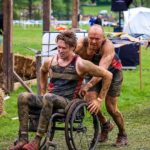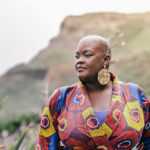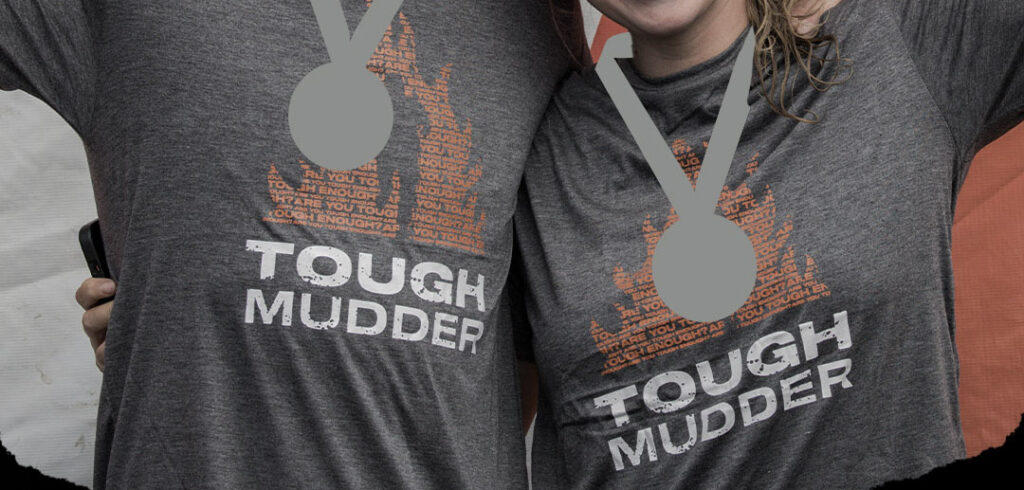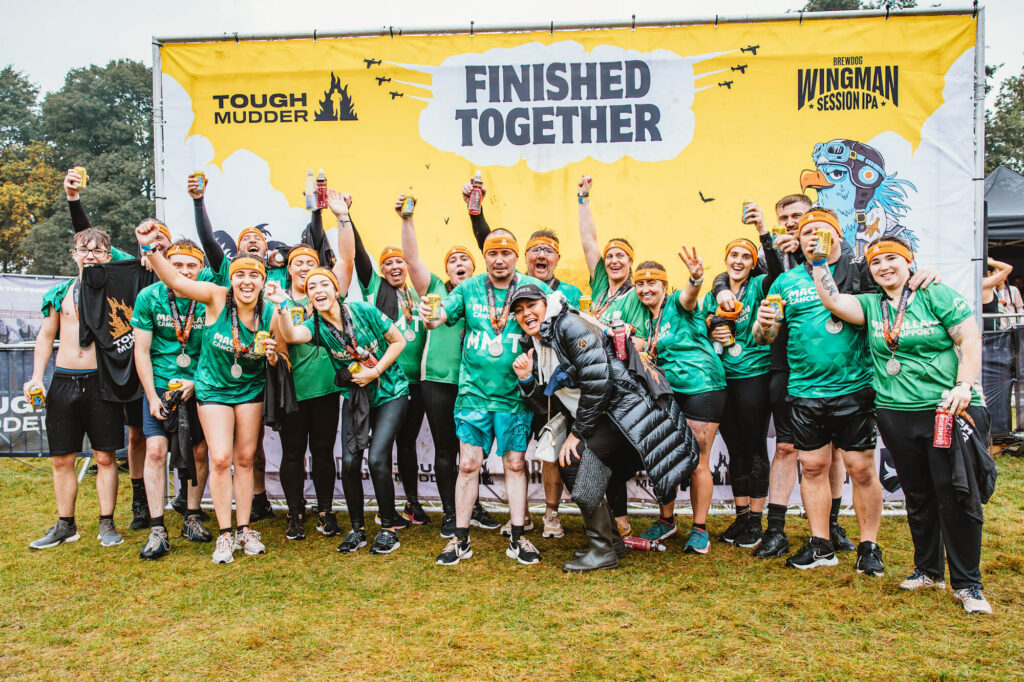Since becoming a paraplegic after a motorcycle accident 6 years ago, Jesi Stracham has become an inspiration to people all over. Jesi has completed 10 Tough Mudders all from a wheelchair and teaches us to live our full purpose in life and help others. As the founder of Wheel With Me Foundation, the owner of Wheel With Me Consulting, and a fitness and growth coach, Jesi works to teach individuals the power of our mindset.
Check out Jesi’s Nonprofit here: Wheel With Me Foundation
Connect with Jesi on social:
-Instagram: @jesistracham
-Facebook: Jesi Stracham
-Website: JesiStracham.com
Listen Now
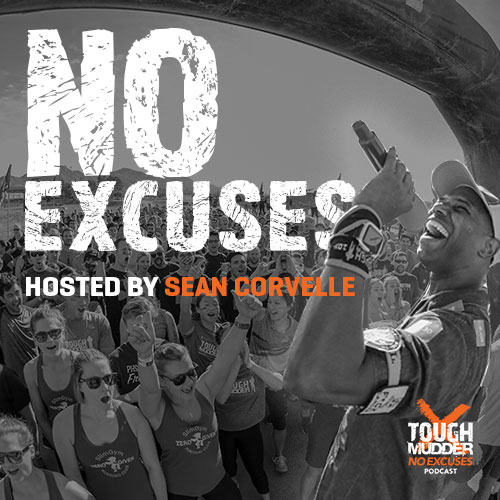
A LOOK INSIDE THE EPISODE:
Q: There was a time you were in a hotel and you were struggling to get up off the floor. And that was a mental change for you. Going through that. Can you talk about that?
A: So there’s actually a YouTube video from that moment. It’s called “Frustrations of Paralysis,” it’s on my YouTube channel if anyone wants to check that out. But I fell on a hotel room floor and I couldn’t get myself back up. When you’re first injured, and even now I still get it, people ask me, “Oh, are you getting more movement?” “Are you going to walk again?” Not, “Hey, how are you adjusting?” “Are you doing okay?” “How are you mentally?” I feel like if people would have asked me that instead of, “How’s your recovery coming?” I would not have had the reaction I had, but it’s because people are so focused on, “Are you walking?” “Are you getting movement?” “Are your legs working?” Why not ask me, “Hey, how’s your bladder management going?” “Are you able to get yourself off the floor back in your chair yet?” There’s so much more to a spinal cord injury than just the visual of not being able to walk. That’s why I posted that video of me just having a full meltdown on the floor in this hotel room. Because I’m like you don’t get it. You don’t get how your words are making me feel about my injury. And so society has really created this perception of the injury, that it’s a bad thing. Like it is what it is. But just because I’m a paraplegic doesn’t mean I shouldn’t take care of my body. Doesn’t mean I shouldn’t exercise. Doesn’t mean that I can’t live a full life. Doesn’t mean that I can’t work. We figure it out, we find ways around it. And that’s a mindset. I kind of adopted society’s mindset of disability in the first two years and now I’m really seeing outside of that box and I really want others to see that, too. And it’s scary. I’ve had my benefits reduced from being more proactive and bringing in more income. So it’s a blessing, but it’s also a curse, because now my bladder spasm medicine runs me $300 a month. And it’s like things we don’t think about right? I have to have this prescription so I don’t pee myself constantly. My catheters cost money, like everything I use to function in my day to day life, costs money and losing those benefits that cover that- it’s scary. It’s a scary thing. So you become comfortable with your disability and receiving all these things. So that’s my biggest thing with the community right now, empowering them to think outside the box. How else can we earn income? Like how else can we become independent and thrive and not have to live in the confines of these government assistance programs that aren’t even designed for people with disabilities?
Q: Matthew McConaughey, kind of inspired you or have you heard him say this about when somebody asked him who his hero was, and he said him in 10 years. And it made you think and so you see yourself as a hero, also to yourself?
A: Yes, absolutely. So I heard that when I first got paralyzed, it never held any weight or gravity. But again, when I was going through that dark time last year, I was really listening to a lot of motivational stuff online to try and pull myself out of it. And Matthew McConaughey is one of the ones I heard. And I’m like, that makes so much sense. Because, again, I was reflecting on my growth and how far I’ve come. And that’s really kind of what turned it for me. I’m like, I inspire the shit out of myself. I really do. I’m so inspired by myself. I’m just like, there’s things I do, I’m gonna cry. There’s things I do that I’m just like, how did you do that? How did you do that? And I say that to myself, because I’m amazed. Because I had you asked me six years ago, if I wouldn’t do anything like what I’m doing now, I would have told you there’s no way. And I’m just constantly inspired by my drive, by my work ethic, by my heart, especially by my heart, I just want to help everybody that it just is so beautiful to see, when you truly invest in yourself through, like I read every single day, I read 10 pages a day. And that’s probably the most important part of my day because I’m investing in me and just becoming a better me. And when you invest in yourself, you’re able to give so much more of yourself to others. And you’re able to be proud of yourself, the actions you take each day, you’re able to have this feeling about you. It’s like that’s when you let go of the judgment of everyone else. And that’s when it truly is like, I’m doing this for a bigger cause, what anyone has to say about it, it’s not a problem. If you have something negative to say, that’s okay because you know why? Everyone has opinions. 7 billion people in this world. Not every single one of those people are going to like you or agree with what you have to say and that’s okay, because we’re all individuals. We’re not going to be a cookie cutter, I accept everything. And that’s right now the disabled community, they’ve come out with a new word and it’s ablest and they want to call everything ablest. It’s the disabled equivalent of racism, essentially, and it’s like, if you are not an accessible business, you’re ablest. If you don’t think the right way, you’re an ableist and it’s like before I became a paraplegic, I didn’t think any of that I would definitely be an ableist, I probably still have “ableistic” mindsets. Until you are exposed to it, you don’t realize. And so it’s ignorance. Why are we calling ignorance something else? Why are we labeling it, creating a divide. If you want unity and acceptance, you have to lead with an open mind and be willing to lead with the same thing. Rather than meeting them with this resistance of name calling. Most of the time, it’s ignorance. Now, if somebody doesn’t want to listen to what you have to say you force them, and that’s what I keep beating into people’s heads until they get it. And if they don’t get it, they’re gonna keep hearing it until they get tired of hearing it. And that’s the way we have to be, persistence is what wins. Don’t name-call, don’t create a further divide. Just persistently get your message across in a constructive way. Be a good person. It took my injury to teach me that, but it’s really not a hard concept.
RELATED ARTICLES
